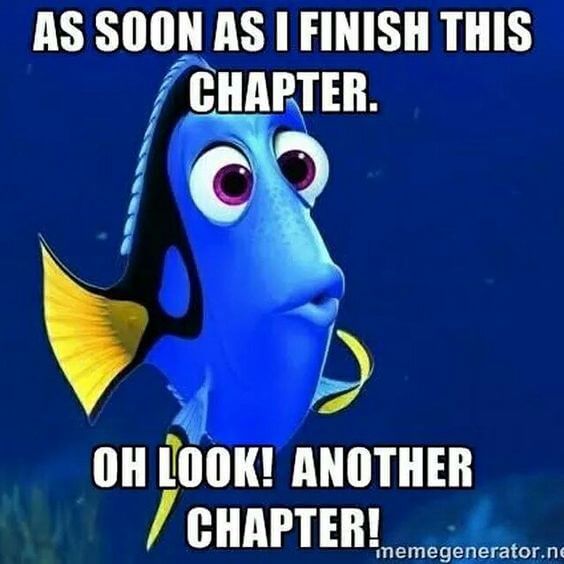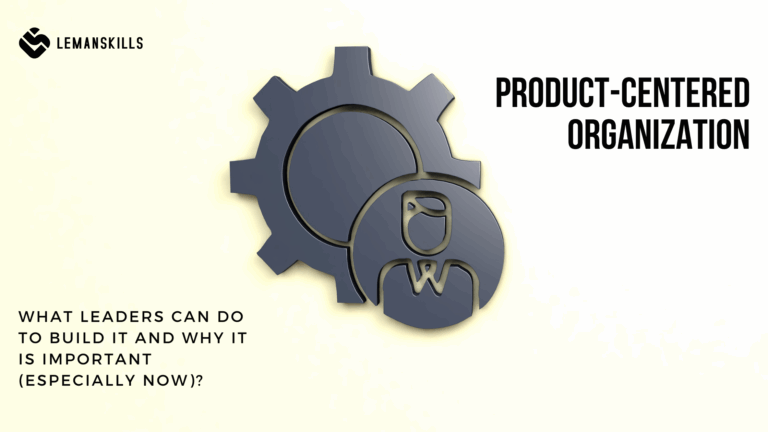We often hear: “you are what you eat”. But not very often we reflect on how the content we are feeding our brain with makes us becoming a certain person. Depends on which sense(s) do you use the most while absorbing what is outside to build what is inside of you, the stimuli can be different and the ways of learning can be different for each of us.
But what is the most important here is that we can become what we take, consciously or unconsciously. And by having more elements in the scope of control, we have more and more influence on how we shape our mindset. You can say: “I read every day, how my mindset can be in danger?”. The point is, reading or seeing something is not the only channel that influences our brain. Let’s divide the ways of feeding our minds, so you can reflect on how you shape your reality by the content you consume every day.
The things you read
For people who consume the most of their content from using the visuals (by reading, looking at things, observing what is around them, how things work etc.), feeding the brain that way will be the best option to grow. For those people by everything they see, they shape their mindset. It’s how they learn in the fastest way possible and how they build the understanding of the world that is around them.
If you are a visual person, everything you read: books, articles, reports, documents, social media posts, comments under the YouTube videos etc.; it all has an influence on what you think, how you feel and what kind of decisions you make in your life. Does all of it has an impact on who you are and how do you feel about yourself and the world? Absolutely! Good, valuable, developmental content – regardless of what is the subject of it (business, career, relations, habits, health, spirituality – you name it) is the key to feed your brain with something that will nourish it. Not a pile of trash that contaminates your body.
How to recognize if the piece of content is feeding or contaminating your brain? Reflect on how you feel after consuming it. It’s just like with the food: you feel different after having healthy, balanced meal in compare to the fast food that you eat within the 5 or 10 minutes in between the meetings, without even sitting at the table.
Do you feel inspired, good about yourself and/or others? Do you have a new portion of energy that you can use to keep your momentum going?
Or you feel bad about yourself, angry, guilty or you lose the whole hope for this world after you read the news for instance? (There is nothing good ever come from reading the news though: did you ever feel good after reading the news? Exactly.)

The things you listen to
Same story, different medium. This category is for people who consume the most of their daily content by listening (to other people talking, podcasts, radio, recordings, music, video – but only sound of it etc.). What they hear is who they become, how they create themselves in this world. When they don’t hear anything, they don’t learn, grow or they even have troubles with a simple existence.
If you are in this bucket, check on what kind of things do you listen to on a daily basis? What kind of resources do you use to feed your listening need well? What kind of authors, storytellers? Audiobooks? Online courses?
Or do you listen to the news and commercials on the radio? Or you listen to all of those whiny people that are talking about how this world is crazy, that changes all the time, is getting worse and worse? And again: how certain pieces of content make you feel? Energized, hopeful? Or rather disengaged, without any hope for the better tomorrow for yourself?
The things you touch and experience
For some people, reading or listening to something is not the way they experience the world that is around them. They need to touch, feel, make a physical connection with a certain object, situation, moment or other person. They don’t believe before they actually live through something or have something in their hand.
You can either have the experiences that nourish you, or not. When we think about taking the best out of the moments that are happening for us throughout the whole life, there is always something that you can take with you, even when the situation is tough. It is about treating the day without a mistake or weaker moment as a wasted day.
Do you plan your activities or they just happen TO you? Do other people decide on what you do, where you spend your time and energy on? Do you choose what kind of objects and spaces are around you: in the office, home, what kind of gym of open outdoor space you use? Do you have experiences after which you feed energized, inspired, happy, full of new possibilities? Or after what happens every day you feel dejected, sad, with no energy whatsoever?
The people that are around you
People are interesting species. They can be happy, inspired, successful, open-minded, loving, caring and determined. At the same time they can feel angry, sad, furious, disappointed, frustrated, depressed or not-loved. Depends on what kind of convictions we have in our brain that were constructed there at the very beginning of our lives, we either have a winning or a losing script.
The winning script is a set of assumptions that we have about our life, ourselves, people and situations that are around us that support us in achieving our goals.
The losing script is a set of assumptions that we have that is a kind of self-fulfilling prophecy: that all we do brings us closer to destruction. Whatever we do, everything is going to end the way we predicted and believed in (which is negative of course).
And I put this short introduction to very complex subject here because the construction of the scripts is tightly connected with the people that were with us when we were children, but also that are with us nowadays. Even unconsciously, they can make a huge impact on how we feel (about ourselves and about what happens in our lives), what kind of decisions we make, how we spend our time or how we raise our kids.
You are too young or too old for this. You should be happy about what you have, don’t risk it with this shift. You have a good job, why should you change it for something uncertain? So what your relationship is not perfect? Other people have worse.
If you relate to one or more of those sentences above, you know how those make you feel. Do you feel empowered or invincible after talking with a person who has that kind of attitude? Do you think highly about your skills, possibilities or autonomy that you have as a human being?
I wrote about this in this article: how important it is to gather around yourself people that nourish you, not rob you from the energy that you have. That are your partners in crime, that may be challenging you, but always with the good intention, not the energy vampires that only want to take you down to their own level of misery.
How you nourish your brain by picking up the right people, for being friends with, but also mentors, business partners, team members or role models can be the most important item from the whole list. When I have a chance to choose, I always focus on choosing people that I can share what is in my head with. It is one of the most efficient ways to learn, grow, change things in this world. Even for introverted people, that prefer to use their own company for most of the time, sharing some space in life with a partner to discuss the ideas with can be groundbreaking.
The bottom line
The bottom line here is that how you feed your brain has a huge influence on who you are becoming, every day. And maybe you think that all of those things are out of your control. If yes, I would like to invite you to shift this mindset into different direction. Think about yourself like you were a master of your life. You are in control of what you do, when, with whom. You decide. And not making a decision is also a decision. Reflect on where you can nourish yourself better, what you can change to feel better at the end of each day.
The ultimate goal here is that even if they day is tough and you are tired, it was challenging and hard, after laying down on the couch you think: “it was a good day”.




